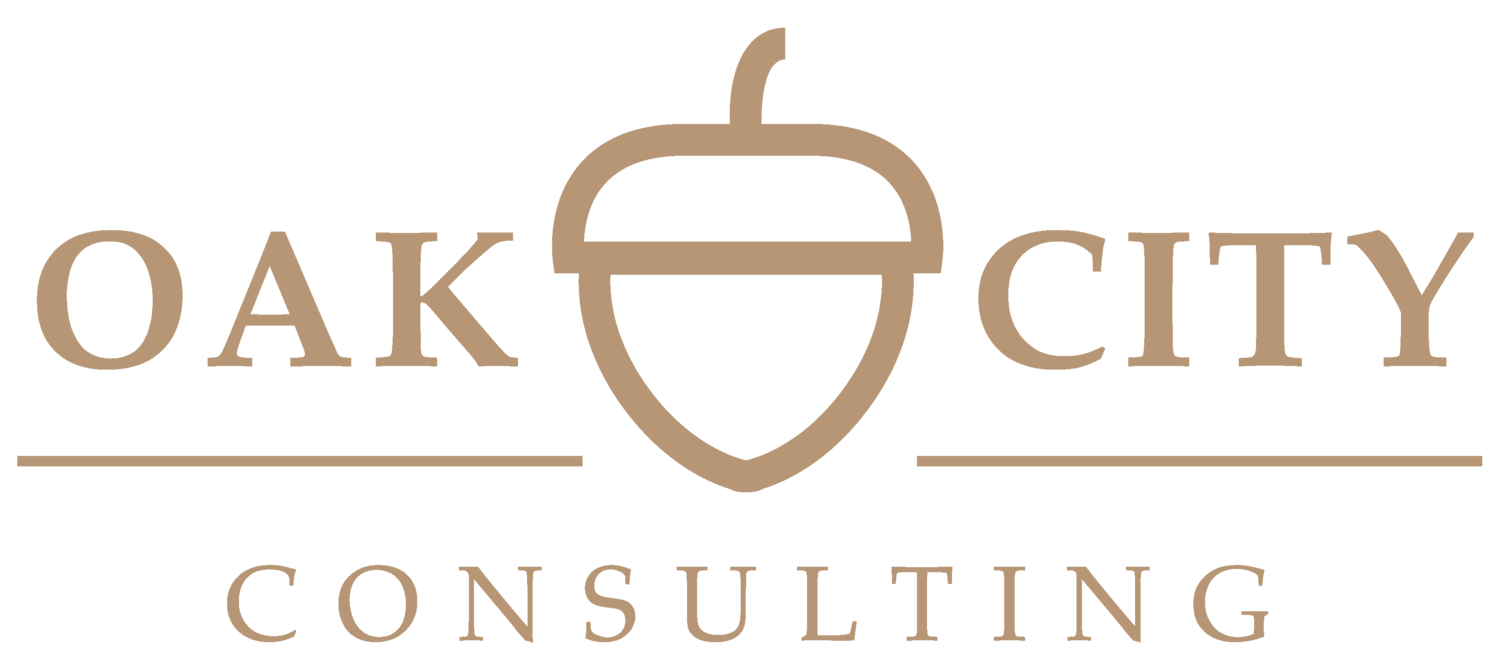Standing on Big Shoulders
Three giants in the theory and thinking of finance and capital markets have passed away this year. They varied in style and function for sure, but each left an indelible mark on the way that I, along with countless others, view the art and science of investing. Harry Markowitz, Lazlo Birinyi, and Tim Keller – one academic, one practitioner, and one pastor – each was willing to look at finance and markets in a fresh and different way. Let’s dig in:
Harry Markowitz
The father of “modern portfolio theory,” Dr. Markowitz, a Nobel Prize winner and student of Milton Friedman, was the first to push us to think about proper diversification, risk-adjusted return, and how to find an optimal portfolio mix of stocks, bonds, and cash. “Portfolio Selection” from Dr. Markowitz was written in 1952 for which he won the Nobel prize[1]. Then came the “Efficient Market Hypothesis” by Eugene Fama in 1970[2], and then ERISA started in 1974 (the birth of the 401(k)), and the investment world as we know it was off and running. Everything changed as firms measured risk (there was no alpha or beta back then), invented simulations to find the newly invented “efficient frontier,” created balanced mutual funds, and assembled today’s target date funds.
Lazlo Birinyi
Hungarian born, schooled at the University of North Carolina, and stock picker at heart, Lazlo was a prominent fixture on Louis Rukeyser’s Wall Street Week program in the 80’s and 90’s on PBS. Birinyi was pushing us to consider human emotion, measuring fund flows to illustrate, for the first time, that we humans don’t always act either rationally or in our own best interests. We are fearful, or greedy, or just irrational. Many more would add to this field of thinking, including Richard Thaler and Richard Driehaus, but Birinyi, more than any other, would convince me that not only are markets not rational, but that we need to think outside of the academic box that was laid by Markowitz and Fama. Technical and fundamental analysis would come together to find patterns that attempted to track momentum, good or bad. Many portfolios today would not exist if it were not for the passion and imagination of Lazlo Birinyi.
Tim Keller
The Pastor of Redeemer Presbyterian Church in New York City, and best-selling author of too many books to mention here, in 2012 Keller wrote Every Good Endeavor,[3] a masterpiece that rocked my thinking about work and changed the landscape of how we connect work and God. According to Bob Doll from Crossmark Global, “Every Good Endeavor deftly explains how we can relish and enjoy our work while honoring God and serving others, all the while avoiding the extremes of negativity on the one hand and idolatry on the other.”[4] No longer could I separate work from faith, and it is from there, I believe, the search for matching an institution’s mission and money began to take shape for investors, managers, and consultants. Keller changed the way many think about grace, the prodigal son, and even how we approach our work.
Different as they all may have been, each one was able to help us think differently, and then act accordingly. Where are those voices now, I wonder? And who are we listening to now that will stretch our view of reality, understanding, and worldview? Finny Kuruvilla from Eventide Asset Management, Amy Raskin from Chevy Chase Trust, and writers Edward Chancellor (The Price of Time[5]), and Siddharth Kara (Cobalt Red[6]) are the voices in my head right now, pushing the envelope of common thought, and moving my comfort zone to think and act differently. Who are you listening to now, and why? Let’s push each other into new ideas and new outcomes that leave a mark on the next generation of investors.
[1] Harry Markowitz, “Portfolio Selection,” The Journal of Finance 7, no. 1 (1952): 77-91.
[2] Eugene F. Fama, “Efficient Capital Markets: A Review of Theory and Empirical Work,” The Journal of Finance 25, no. 2 (1970): 383-417.
[3] Timothy Keller, Every Good Endeavor: Connecting Your Work to God’s Work. New York, New York: Penguin Books, 2012.
[4] Bob Doll, “Every Good Endeavor,” Faith and Work (blog), The Gospel Coalition, December 3, 2012, https://www.thegospelcoalition.org/reviews/every-good-endeavor/.
[5] Edward Chancellor, The Price of Time: The Real Story of Interest. New York, New York: Atlantic Monthly Press, 2022.
[6] Siddharth Kara, Cobalt Red: How the Blood of the Congo Powers Our Lives. New York, New York: St. Martin’s Press, 2023.
This blog should not be copied, distributed, published or reproduced, in whole or in part. All economic and market forecasts are as of the date of distribution. Oak City Consulting is not providing any financial, economic, legal, accounting, or tax advice or recommendations in this blog. The information contained in this blog does not constitute investment advice or an offer to buy or sell securities from Oak City Consulting to the reader and should not be relied upon to evaluate any potential transaction. In addition, the receipt of this blog by any reader is not to be taken to constitute such person a client of Oak City Consulting. Oak City Consulting makes no representation or warranty, express or implied, as to the accuracy or completeness of the statements or any information contained in this blog and any liability therefore (including in respect of direct, indirect or consequential loss or damage) is expressly disclaimed.

